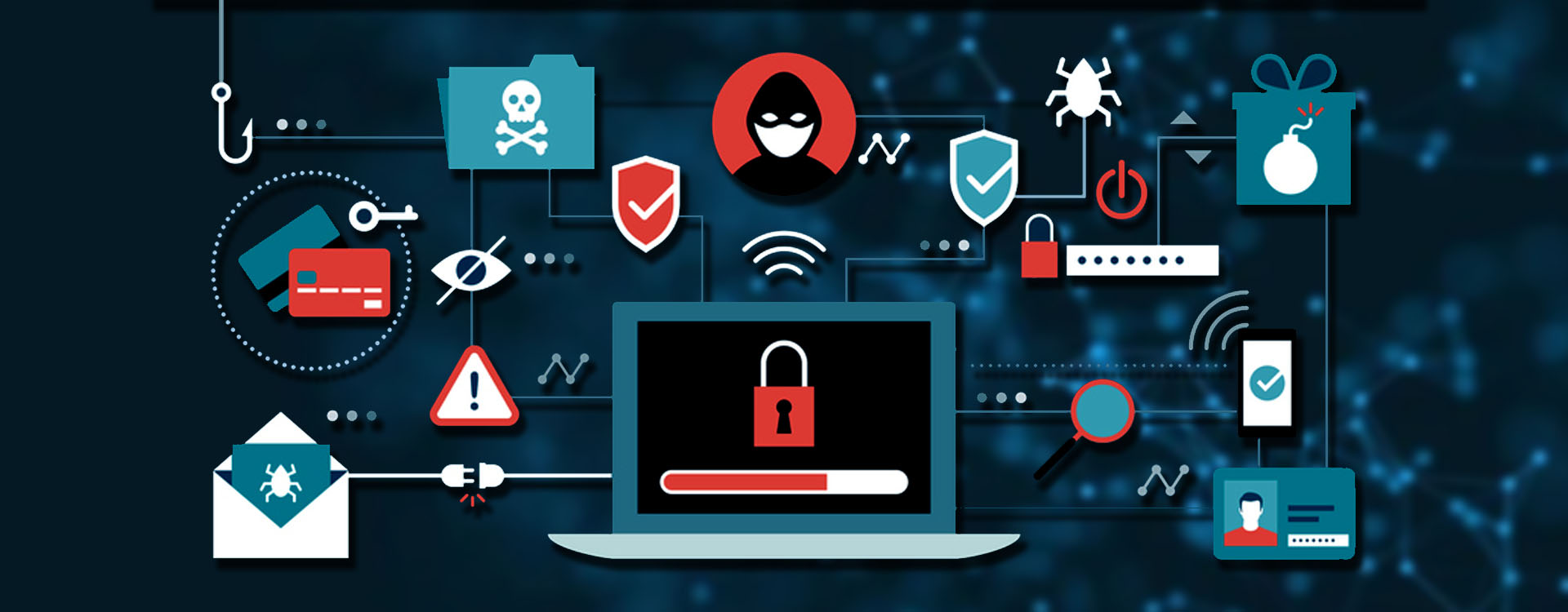Start-ups remain the most vulnerable segment in India when it comes to cyberattacks. Unlike large enterprises, small businesses may not have adequate resources to protect themselves. Of all cyberattacks, 43% target small business and SME start-ups while nearly about 60% of such SMEs that turn victims of cybercrime go out of business within six months.
It is up to the business entities to follow adequate safeguards and enforce the best cybersecurity best practices to prevent cyberattacks.
Best practices
Installing firewalls and anti-phishing software are the first lines of defence against a cyberattack. SMEs and start-ups should install advanced email protection solutions to identify suspicious email traffic that evades policy and traditional signature-based defences.
With many people working from home and other off-site locations, it has become necessary for all businesses to observe the best off-site cybersecurity practices like using a VPN instead of home Wi-Fi. Prioritising employee privacy is also an essential safeguard against cyberattacks.
Despite adhering the latest security practices, no one can entirely rule out unforeseen chances for a cyberattack on the business network, especially start-ups. Therefore, having an incident response strategy should be foremost on the minds of all business entities. A small business might not be able to recruit dedicated staff for monitoring cybersecurity issues. Generally, the service is outsourced to experts. It is advisable to choose the appropriate cybersecurity network that provides excellent customer support in deterring intrusions.
It is also important to keep the scalability of the solution in mind. Start-ups should consider investing in cybersecurity systems and practices that provide easy scalability, thereby catering to business expansion seamlessly.
‘‘
Of all cyberattacks, 43% target SME start-ups while nearly about 60% of such SMEs that turn victims of cybercrime go out of business within six months.
Choosing the right solution
It becomes cumbersome for organisations to choose the right security solution with the slew of solutions available today.
There are several factors which must be kept in mind:
- Determine information value: Due to limited resources, it is prudent for start-ups to limit the security scope to the most business-critical assets. They must define a standard that will help them to determine the importance of an asset.
- Do not compromise on quality: Businesses need to be flexible with their budget because inexpensive and cheap are not always the same. Solution providers that come cheap may not be competent enough to handle advanced threats.
- Check security certifications: This will help bridge the skill gaps of the IT team and they can boost productivity. This is a long-term investment which is worthwhile for enhancing overall enterprise security.
- Look for independent reviews.
- Cyber insurance: The policy will ensure that the data gets restored in the event of a cyberattack. A standard policy doesn’t cover the electronic system downtime or breach due to lost or stolen devices.




